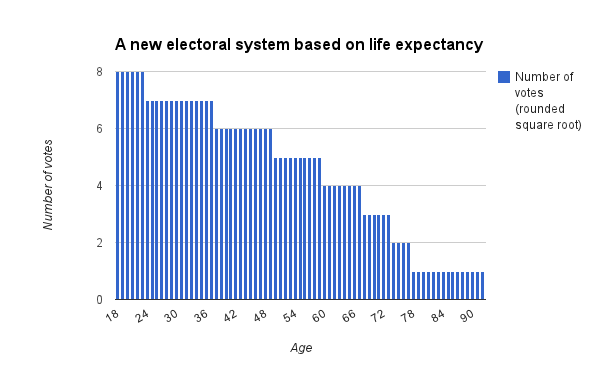Our political system bases much of its functioning on democracy, so representatives of the large chambers (congress and senate) are elected by the citizen’s vote indirectly, through candidates who complete the party lists. These politicians will be responsible for representing our interests, but many factors influence the vote.
The question we ask ourselves is: what drives us to choose to be represented by each other and not by others ?, the simplest answer would be, as we said in the previous paragraph, to choose those we believe will best defend our interests. If we get a little into the subject, do we realize that the answer is not so simple?
- Political social psychology largely studies the factors that influence voting.
- Studies show us impressive data: voting stability and party identification determine our political vote.
- Ideology is not as important when comparing its influence with these two factors.
One of the most important factors in our electoral behavior is its temporal stability, it can be seen that when a person votes for a certain political party, votes for the same party in the next elections, this stability generally remains regardless of the political trend of the party, the candidate and the type of elections (national or regional).
While the vast majority of people are consistent in their vote, others are not as loyal. What are the factors influencing voting stability?Some studies prove it?On the other hand, as a result of the division between “right-wing people” and “left-wing people” it is easier to change the vote by parties where ideology is closer to the last party voted It is likely that the people who voted in the last election by a right-wing party will continue to vote for this or another party that is also right-wing. The same thing happens on the left.
These results make us understand that what is really behind the stability of voting is a process of political socialization, a process by which parties gain loyal partners despite the changes: the tradition of the political ideology of the party weighs more than the specific program it presents for In this political socialization arises a very important concept called partisan identification.
Party identification is defined as a psychological link between an individual and a political party that implies a sense of group identity. Through different methods, such as the use of symbols, hymns and group events, parties manage to create a sense of unity among their constituents. so strong that it overcomes ideological differences within the group.
However, to what extent is party identification with the ideology of the individual important in determining their vote?In 2009 a study was conducted in Spain to determine the level of ideology that individuals shared with their political party. Surprising. In most cases, voters shared less than 50% of their party’s ideology.
This data shows us that party voters do not share most of their interests or ideologies with their party How do you identify with a party under these conditions?The answer is in the powerful propaganda mechanisms of the parties, which seek to empathize with people to awaken in them a sense of “belonging to their group”, to finally get their vote in the next election.
This fact surprises because the ideology of the voter is not presented to Congress, these studies show us a panorama where political parties capture individuals and generate in them a group identification more typical of football teams than political identification, which translates into a congress that does not represent the people and, therefore, , will act in your interests.
Political education is undoubtedly one of the best tools to change this scenario, an education that allows us to fully understand the policies and laws that apply and how they affect us, increasing the critical mind with our choice of vote and punishing politicians who do not respect. your electoral platform We need to meet the candidates before we make our voting decisions.
While policy measures rarely produce immediate changes and many of their effects are diffuse, they are nevertheless important in determining the direction and manner of navigating our country. Democracy and voting are an achievement that has cost us centuries and a lot of struggle. To function properly, they need active and intelligent citizen participation. They depend on you, on me, on all citizens who have the right to vote.

